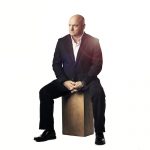nasa
June 9, 2023
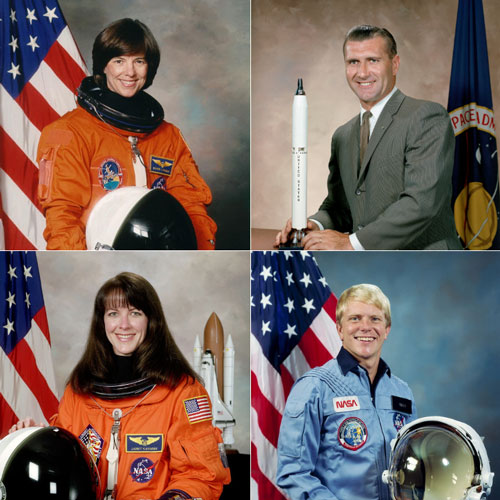
High flyers
Four Huskies have joined the U.S. Astronaut Hall of Fame. Read about their achievements in space and beyond.
November 23, 2022
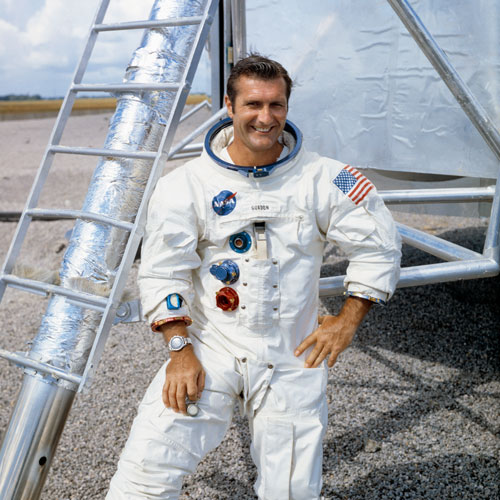
Our first astronaut
In 1969, NASA launched Apollo 12, which took Richard F. Gordon, '51, to the moon and back.
May 30, 2022
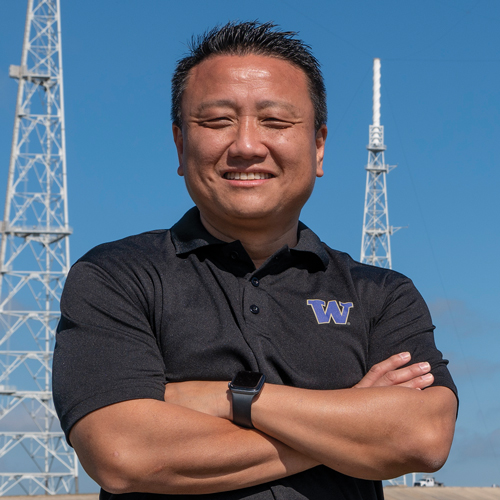
‘Star Wars’ to the stars
NASA is going back to the moon and planning to land humans on Mars, thanks in part to Orion manager Howard Hu, ’91, ’94
February 27, 2019
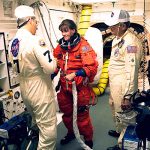
Famed flyer
The U.S. Astronaut Hall of Fame honors Janet Kavandi, who went from dreamer to astronaut to NASA leader.
February 27, 2017
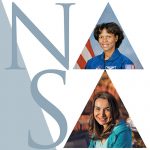
Yes, it's rocket science. Really.
Inspired by the film "Hidden Figures," the Obama White House honored a group of women of color who have contributed to NASA’s success. Two UW alumnae were included.
December 1, 2012

Martian man
When NASA’s Curiosity rover successfully touched down on Martian soil, it was a hair-raising experience, both literally and figuratively for Bobak Ferdowsi, ’01, NASA flight director.
June 1, 2011
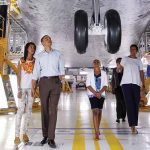
Space out
For Janet Kavandi, '90, and her colleagues, it’s a bittersweet time to be an American astronaut.
March 1, 2006
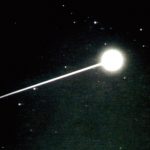
2.88 billion-mile journey
After traveling 2.88 billion miles over nearly seven years, NASA's Stardust capsule landed in the Utah desert on Jan. 15, bringing back comet samples that could help explain the origins of the solar system.
March 1, 2002
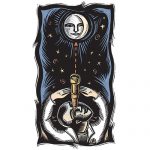
To the moon
Using laser beams, 30-year-old reflectors and 21st century computing power, UW scientists plan to make the most exact measurement of the distance to the moon in history—accurate to the width of a paper clip.
March 1, 2001
Space force
Throughout the history of the space program, our alumni have pushed back the boundaries of the final frontier.
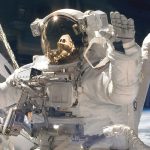
Space hazards
The dangers of space include bone loss, muscle atrophy and even cancer. The UW hopes to protect the next generation of astronauts and bring about earthly cures.
June 1, 1998
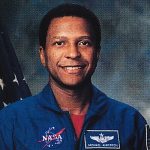
Dream come true
Michael Anderson had wanted to fly since he was 3 years old, when he got his first toy airplane. In January, he was a mission specialist aboard the world's most sophisticated machine.
September 1, 1996
Yvonne Cagle, ’85, makes the cut for astronaut training
Yvonne Cagle, 37, was among 35 astronaut candidates who began a 1 1/2-year-long training program at the Johnson Space Center in Houston.
September 1, 1990
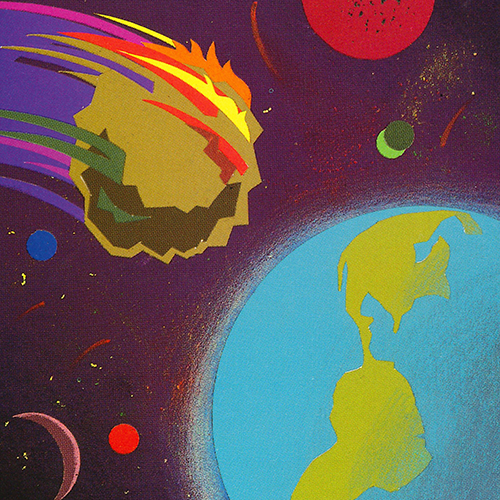
Extinction on their minds
A sudden change in the environment killed off the dinosaurs 66 million years ago. Could it happen again, this time to the human race?
